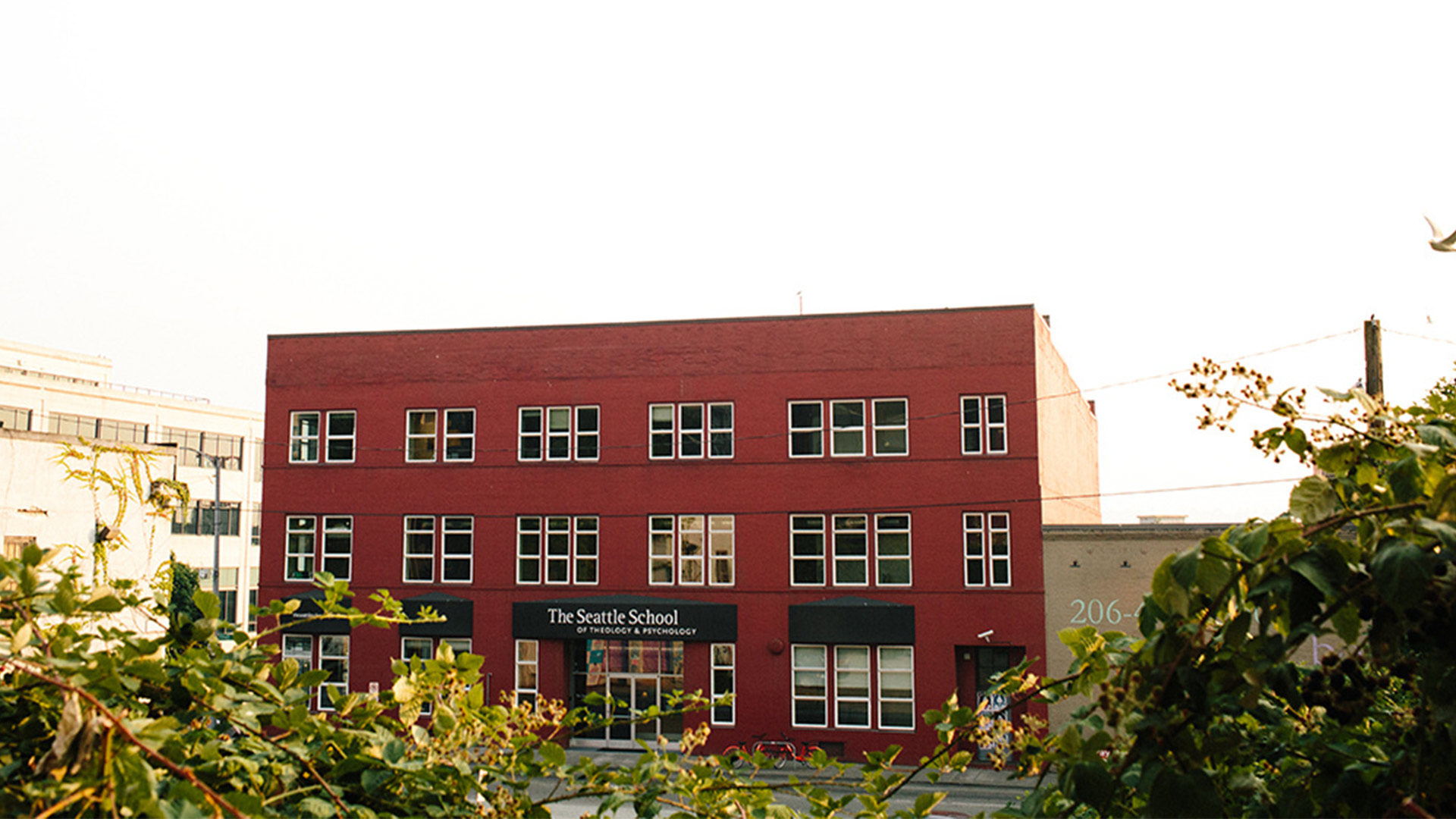We are pleased to announce that beginning in Fall 2021, The Seattle School of Theology & Psychology will offer each degree program in a low-residency model. The Master of Divinity and the Master of Arts in Theology & Culture programs will be taught only in a low-residency model. In addition to the low-residency model for the Master of Arts in Counseling Psychology, we will also continue to offer that program in our traditional on-campus model. Current students will transition to these programs this fall after a year of online learning due to the pandemic. New and incoming students are encouraged to connect with our Admissions team for more details about applying for Fall 2021.
Our mission and values have guided us as we have listened to the needs of our learning community and sought to discern the future of our graduate degree programs. We train people to be competent in the study of text, soul, and culture in order to serve God and neighbor through transforming relationships. While the pandemic has brought immeasurable changes, loss, and disruption, it has also taught us much about the needs of graduate students and the opportunities for new modalities that allow for contextual distance and residential learning that are more integrated with the lives and communities where our students live.
“The changes that we are making are not merely driven by crisis; instead, they are significant transitions that will change much of what we are familiar with, while inviting us to explore and co-create new ways of training people in an ever deepening understanding of what is needed to serve God and neighbor through the fields of theology and psychology,” said Dr. J. Derek McNeil, President of The Seattle School. “We have always been a community composed of learners from a variety of contexts, cultures, and places. As we lean into what’s next, we seek to deepen and widen our understanding of who we are and learn to carry out our mission in partnership with learners as they are embedded in their own contexts.”
Low-residency programs are a model of higher education that involve periodic in-person intensive gatherings with online coursework in between those gatherings. Students can remain in their home location and travel to our Seattle-based residencies for on-campus gatherings a few times per year. Students in low-residency programs will continue to have access to our campus in Seattle to meet for study groups, use the library and study spaces, and meet with faculty for office hours and may choose to participate in student life online and on-campus.
“In the last 15 months, we learned much about how to deliver high-quality relational and contextual education to students online. We’re pleased to welcome a wider range of students into our learning communities, and we know how important it is to be together as a learning community in the same physical space to learn together in an embodied way. The low-residency model allows for the best of both,” said Dr. Misty Anne Winzenried, Associate Dean of Teaching and Learning.
[UPDATE July 19, 2021] ATS (Association of Theological Schools), one of our accrediting agencies, has approved our petition to provide comprehensive distance education. Students should check the school’s COVID-19 response for updates on campus safety measures beginning with the fall term.
Current students are encouraged to connect with the Academics team for specific information and program requirements.


